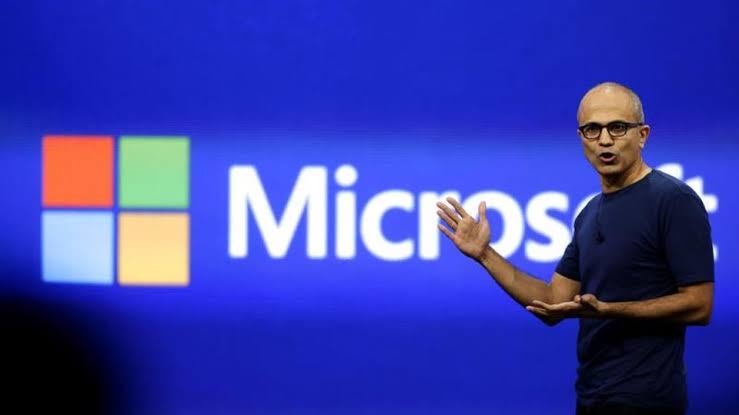Microsoft going Carbon Negative by 2030
Microsoft has said it will become “carbon negative” by 2030 and offset all the carbon emissions it has made since it was founded, in the latest green pledge from the technology sector.
The $1.2tn software company also said it would launch a $1bn innovation fund to tackle the climate crisis with new carbon reduction, removal and storage technology.
“If we don’t curb emissions and temperatures continue to climb, science tells us that the results will be catastrophic,” said Brad Smith, Microsoft’s president, in a blog post. “Those of us who can afford to move faster and go further should do so,” he added.
“The technology that we need to solve this problem does not exist today,” Mr Smith told reporters in New York this week.
By 2030, Microsoft said emissions from its entire business and supply chain would halve, and it will offset more than it emits. It set a target of 2050 to remove all the carbon it has emitted since it was founded in 1975.
The pledge to be carbon negative includes all Microsoft’s direct and indirect emissions, including employee travel, the lifecycle of products and the materials in its buildings. The historic emissions, from between 1975 and 2011, will include only those generated by its direct activities and energy usage.
In recent months, as public pressure has intensified, a host of companies have promised to cut their carbon Output. In September, Amazon pledged to reach net zero carbon emissions by 2040 and said 80 per cent of its energy would come from renewable sources by 2024 — though employee group Amazon Employees for Climate Justice said this did not go far enough.
On Thursday, Microsoft said 100 per cent of its energy would come from renewable sources by 2025, including all the electricity consumed by its data centres, buildings and campuses.
Mr Smith urged other tech companies to follow Microsoft’s lead, because the industry had the “balance sheets and the income statements” to respond.
Jen Austin, policy director at We Mean Business, a coalition of companies promoting climate action, said the plans looked “very ambitious”. Having science-based targets, committing to renewable energy and encouraging changes in policy and throughout supply chains is “a formula for [climate] leadership”.
Microsoft said it would work with suppliers and customers to help them reduce their carbon footprints, and would begin integrating carbon reduction into its procurement processes by July 2021.
But the company did not outline specific new requirements for suppliers, nor whether it would drop suppliers, investors or investments with poor environmental records.




